New Delhi, Jan 22, 2021: Indian non-profit Khushi Baby is among 14 organisations which have been awarded a cumulative grant of USD 4.6 million by Patrick J. McGovern Foundation for innovative data- and AI-driven approaches to health care and climate action.
Patrick J. McGovern Foundation announced that the grant to Khushi Baby is meant to support the development of a data system and machine learning model to improve maternal and child health care for families across India, and to assist with the prediction of disease outbreaks and prioritisation of COVID-19 vaccine roll-out in Rajasthan.
The grant amount for the organisation is USD 100,000, the officials said.
Announcing the grants, Foundation President Vilas Dhar said that "Solving the global challenges of climate change and health inequities will require new approaches and tools."
"We’re excited by the ways in which these organisations are using data and artificial intelligence to ensure healthier communities and enable us to be better stewards of our planet," he said, adding, the 14 grants reflect the Foundation’s commitment to strengthening data science and AI capacity within social change organisations.
Dhar said, non-profit organisations collect valuable data that sheds light on complex problems, and with additional resources they can better leverage data and AI for greater impact. "We are looking forward to a shared learning journey with these new grant partners to understand how the non-profit sector can be better positioned to use such tools for social change," Dhar said.
The list of awardees is below:
Climate change
Environmental Defense Fund to support the development of an AI-generated database to map global oil and gas infrastructure allowing quantification of methane emissions as part of the MethaneSAT mission. (Grant: USD 250,000)
World Resources Institute to support the Data Lab’s goal of strengthening the capacity of WRI’s global network to execute data for impact strategies through AI and open data, modernized data infrastructure, workforce development, and technology services. (Grant: $500,000)
Tech Matters to build and launch Terraso, a digital platform for integrated landscape management that will help communities to plan and finance sustainable economies by providing data and software tools to monitor progress. (Grant: $500,000)
Conservation International to support the development of conservation technologies and to catalyze access to conservation technologies among indigenous people and local communities. (Grant: $500,000)
WattTime to support their work to promote emmissionality as a method for measuring the incremental benefit of renewable energy based on location and to expand research and public outreach to drive lower emissions. (Grant: $250,000)
Digital Health
Digital Square (PATH) to support the Central American Health Informatics Network (RECAINSA), which will strengthen the network’s governance, build out digital health training, and promote exchange of medical knowledge and experience in Latin America. (Grant: $90,000)
Babson College to support a global health care entrepreneurship exchange, enabling cross cultural exchange and data-driven healthcare entrepreneurship in LMICs in partnership with the University of Global Health Equity in Rwanda. (Grant: $100,000)
Khushi Baby to support the development of a data system and machine learning model to improve maternal and child health care for families across India, and to assist with the prediction of disease outbreaks and prioritization of COVID-19 vaccine roll-out in Rajasthan. (Grant: $100,000)
Instituto Protea to develop capabilities for early diagnosis of breast cancer with the Brazilian population in the most underserved area of the city of São Paulo, using an AI-driven approach. (Grant: $150,000)
Himalayan Cataract Project to support a case study to drive quality improvements in cataract surgical services through the testing, monitoring and application of standardized cataract-related data, informing the creation of a global data standard. (Grant: $500,000)
Global Digital Health Network to support their work to increase collaborations, knowledge-sharing, and promotion of best practices between those working in digital health worldwide. (Grant: $200,000)
Child’s Play to support the growth of the Pediatric Gaming and Technology Specialist program to improve the lives of children in long-term inpatient care. (Grant: $150,000)
UCSF Neuroscape for the development of Nexus, a platform that allows for large-scale collection, analysis and visualization of data to discover and build interventions for assessing and improving brain function. (Grant: $150,000)
The Trinity Challenge to support the launch of a coalition that aims to improve global preparedness and data-driven response to future health emergencies. (Grant: $1.2 million)
The climate change grants support leading environmental organisations in their efforts to more effectively harness climate data, develop innovative conservation technologies, and leverage AI to accelerate their work.
In health, the grants will support organisations working to treat blindness at scale, improve maternal and child health, and improve global pandemic response, among other challenges. Several of the grants aim to advance the field of digital health to create more caring, equitable, and responsive health care systems with scientific excellence.
Patrick J. McGovern Foundation
The Patrick J. McGovern Foundation is dedicated to advancing AI and data science solutions to create a thriving, equitable, and sustainable future for all. The Foundation is the legacy of IDG founder Patrick J. McGovern (1937-2014), founder and CEO of IDG, a global publishing empire that pioneered publications like Computerworld, Macworld and PCWorld. He believed in the potential for technology to democratise information, improve the human condition, and advance social good.
Since 2015, it has awarded more than $280 million in grants in neuroscience and information technology to benefit humanity, including $25 million last fiscal year to address the COVID-19 pandemic and support innovative applications of digital technologies.
What is Khushi Baby?
Khushi Baby was born out of a classroom project at Yale University in 2014.
It takes pride in having ownership over end-to-end design, development, and deployment of culturally appropriate, digital health systems. This too has been accomplished building from the ground up, with evidence, and on the most frugal of budgets.
"Looking ahead, we are excited to help build integrated digital health systems with the Department of Health, implementing AI models to track health worker diligence and predict maternal and child health risks, and automating mechanisms to encourage and document follow-up with those in most need - to monitor and motivate community health, to the last mile", says the company.
Key features of the platform include:
- A continuum of care platform which connects the village household, sub-centre and primary health centres. The system includes tracks family planning, antenatal care, labour monitoring, postnatal care and immunization.
- An offline mobile application for all healthcare providers, which replaces paper-based tracking, automates timely reporting of health outcomes and resource shortages, automates direct benefit transfers, and guides clinical decision-making. The app is designed to keep health workers informed of their progress and catchment area health status, so that they can take necessary action.
- A digital medical record for beneficiaries, in the form of a Near Field Communication (NFC) health card Rs30, which enables patients to always have access to their medical history
- Instant, offline sharing of digital medical records, via the NFC health card, at the point of care, even in last-mile settings without connectivity
- GPS, Near Field Communication (NFC), and facial biometric accountability at all points of care. This confirms that 1) health camps were held and 2) the beneficiary met the health provider, even in last-mile settings without connectivity
- Dialect specific, targeted voice calls for community engagement aimed to improve beneficiary health awareness
- Actionable analytics for health officials for timely decision-making





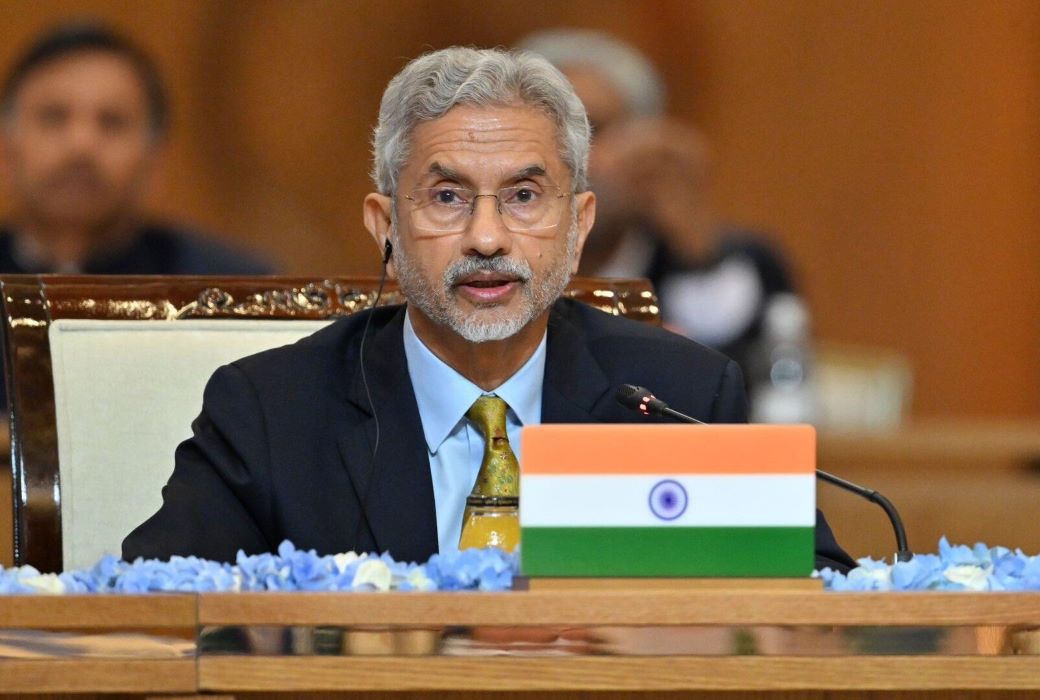
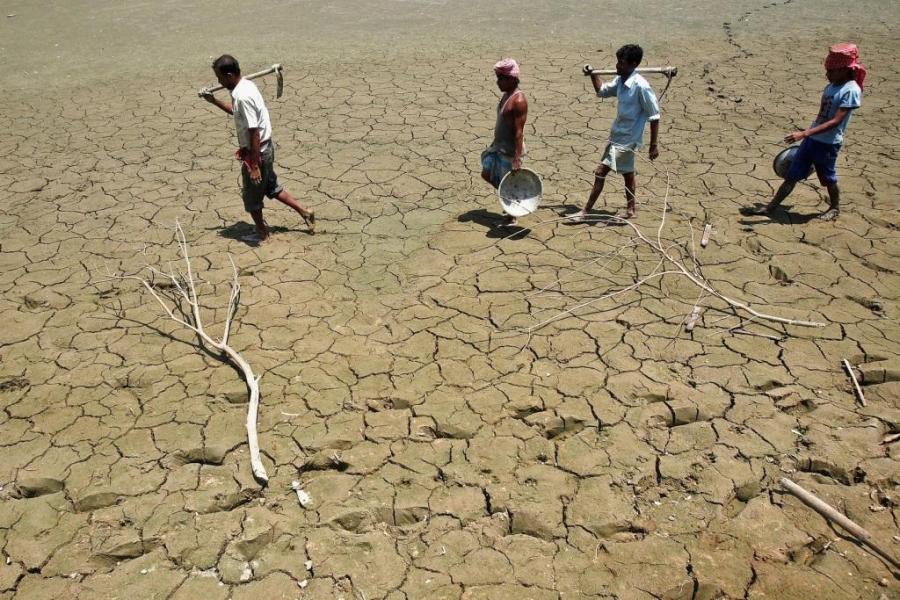
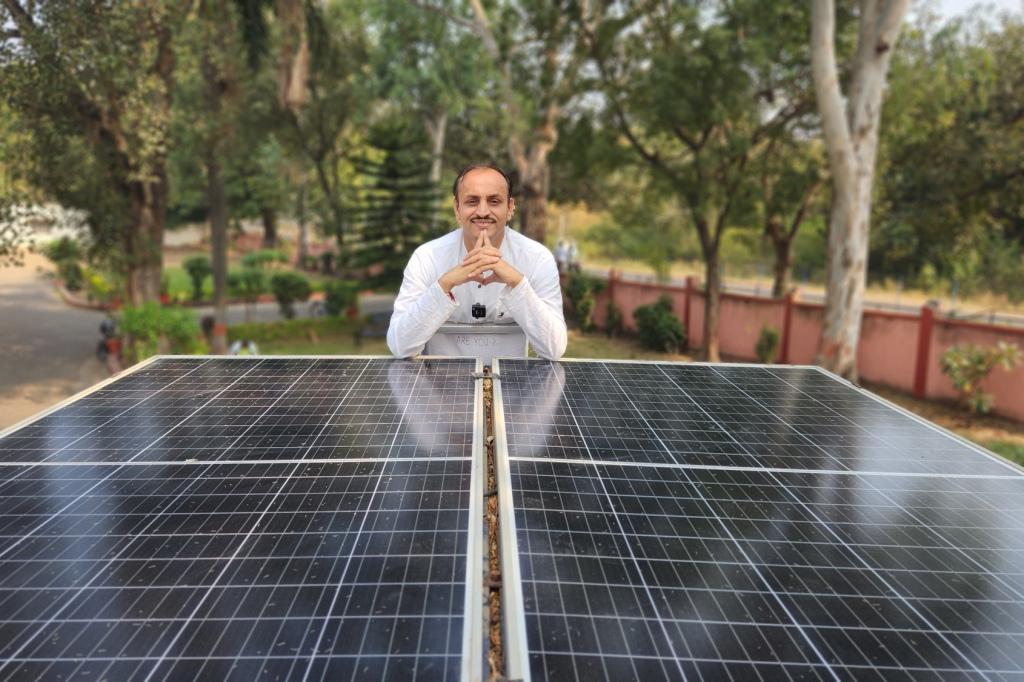

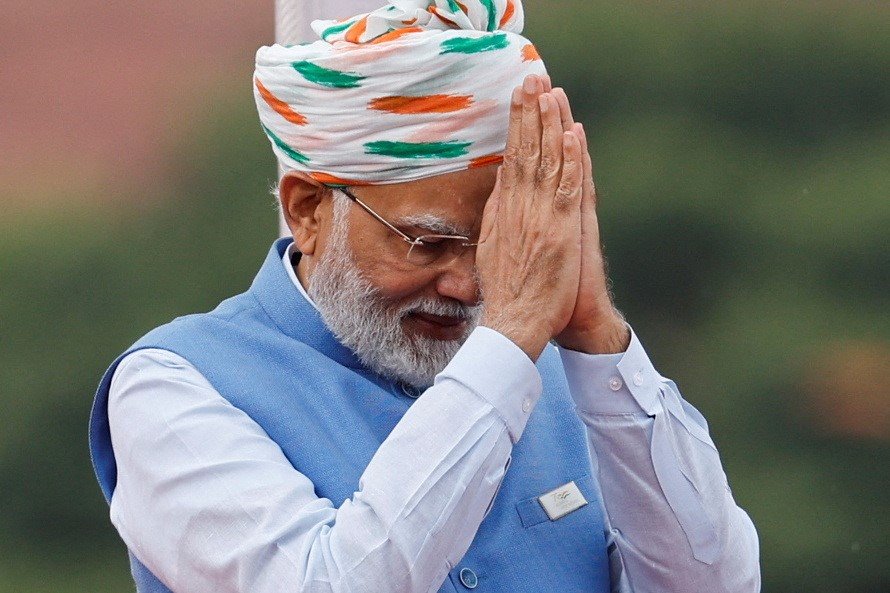
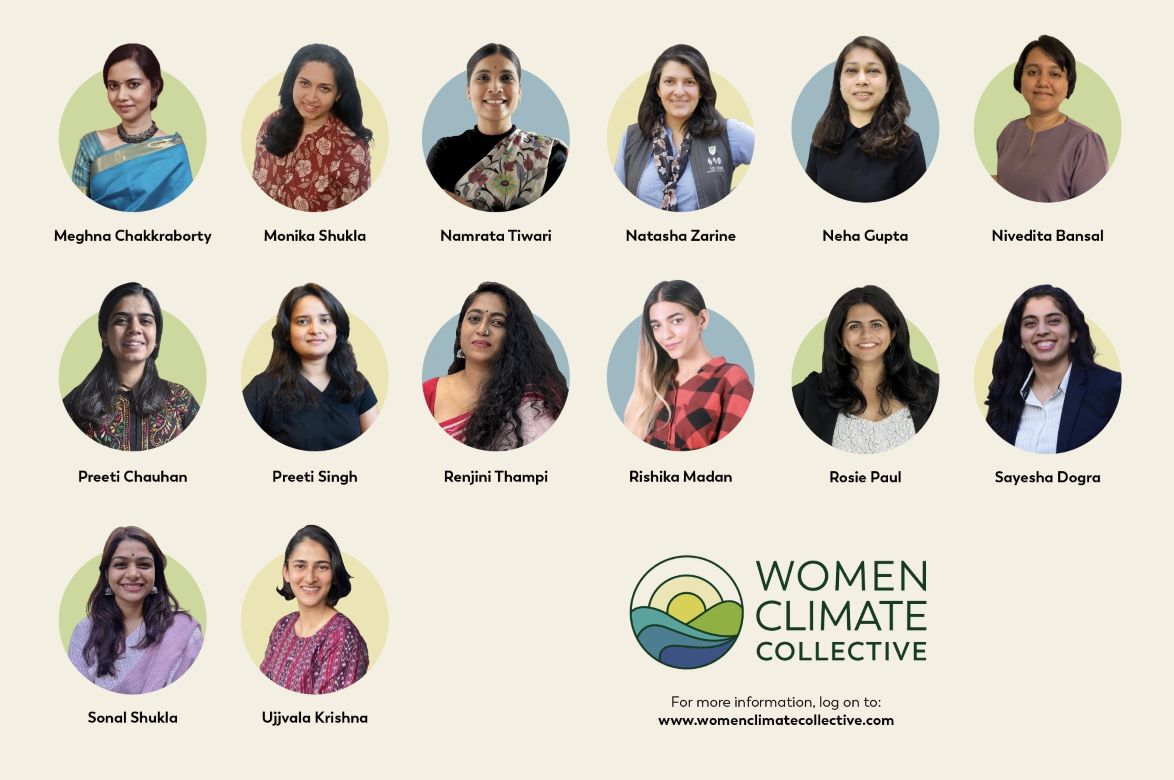
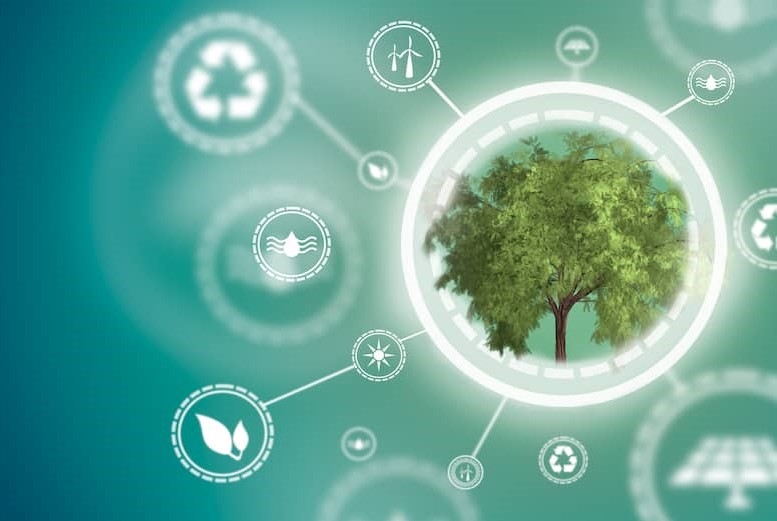



.jpg)



